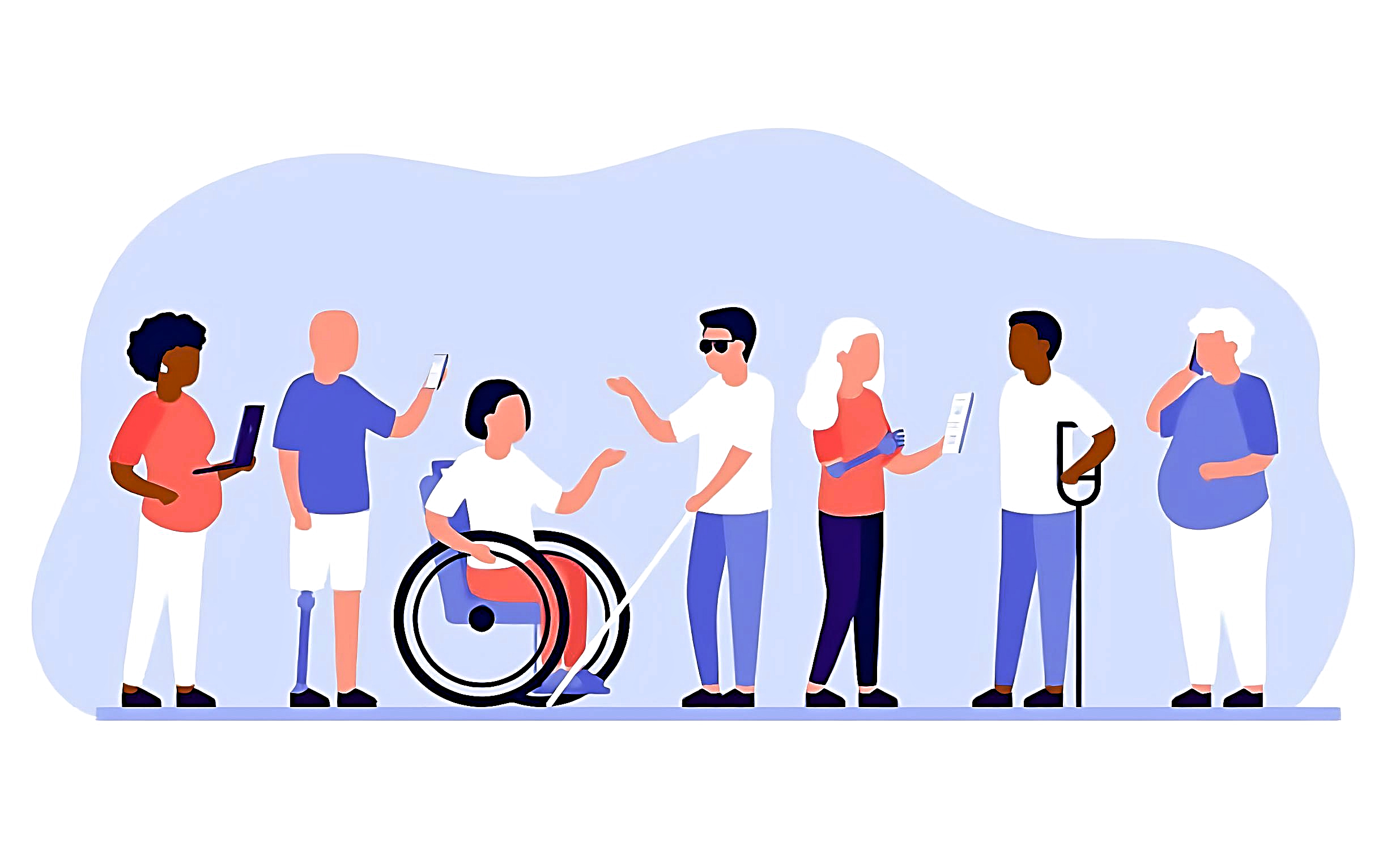How Do You Define Disability?
“Disability” can mean different things to different people. Often, the word is used to describe the limitations a person faces. This means that a person with a disability may not be able to participate in an activity or activities in the same way as other people.
A person with a disability might:
- Need accommodations (adjustments or tools) to help them participate in an activity
- Not be able to participate in an activity at all
- Be able to participate in an activity on some days but not on others
- Think about and participate in an activity in a unique way
People can have different definitions of what disability means, but it’s important to remember that disability is complex and can’t be defined by any one person or institution.
All Disabilities Aren’t the Same
Everyone has different experiences with disability. For example, disability can be physical (affect how your body works), cognitive (affect how your mind works), or both. Disability can also be permanent, temporary, visible, and hidden.
How Disabilities Show Up
You can’t conclude that someone does or doesn’t have a disability based on their appearance, because many disabilities are invisible. Some examples of ‘hidden’ or ‘invisible’ disabilities include chronic illnesses, pain, migraines, being immunocompromised (having a reduced ability to fight sickness), fatigue, and mental health conditions.
Disabilities Can Change Over Time
How we experience a disability, and the needs that we have as a result, can change from day to day or even hour to hour. There might be periods of time when we have more or less limitations. Disability can come and go over the course of our lives; it can affect us for a few weeks or months, or a couple of years, or for our entire life.
The Same Disability Can Have Different Impacts
One specific disability can impact you in a countless number of ways. An example to consider is breaking a bone. A broken bone can affect you differently depending on factors such as your age, what bone was broken, how serious the break was, and how your body heals. These are just a few things that can determine how long you might need health care, whether you need accommodations (like crutches or a wheelchair), and how your everyday life is impacted.
Disability and Identity
Disability can have a big (or small) impact on how we view ourselves. Even if we face limitations, we might not identify as having a disability or being D/disabled (some people capitalize the “D” when referring to their identity).
There are many things that can influence whether we identify as D/disabled. For instance, the way a disability is typically shown in popular media can shape how we think about ourselves. Often, disability isn’t represented the way it should be – as a diverse experience that affects us all in different ways.
Final Thoughts
Ultimately, people with disabilities might identify as Disabled, as disabled, as a person with a disability, or as none of these things. The way we identify is a choice that is based on how we see ourselves, how we relate to others, and our lived experiences.
We are all on our own path when it comes to learning about ourselves and developing our identities, and that is perfectly fine!
To learn more about disability and identity, check out these resources:
- Episode 93 of the Disability Visibility Podcast: Disabled Indigenous Creators, hosted by Alice Wong with guest Johnnie Jae (Otoe-Missouria & Choctaw)
- Teen Vogue’s Disability (In)Justice Series
- Disability Justice & Youth
Author: Gillian Joseph (they/them) is a queer 2-Spirit Ihaŋktoŋwaŋ and Mdewakaŋtoŋ Dakota storyteller who grew up as a guest on Waxhaw and Catawba lands. Alongside writing, they work in the mental health field with a focus on Indigenous health sovereignty.


